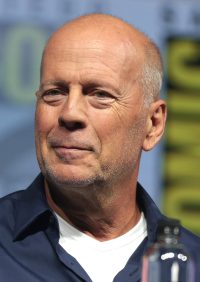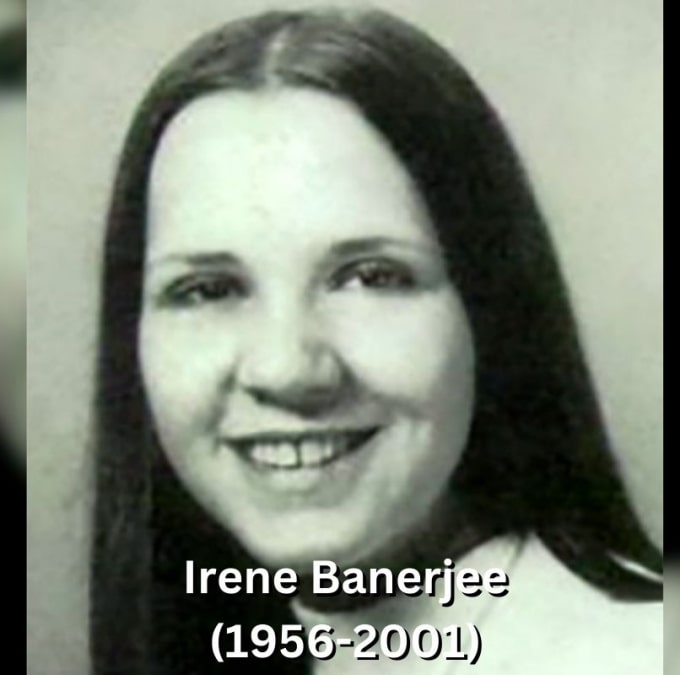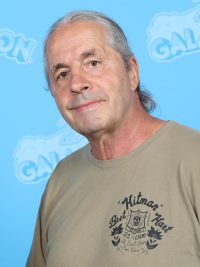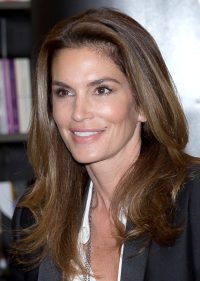Rodolfo "Corky" Gonzales, a prominent figure in the Chicano movement, was a versatile individual whose influence spanned boxing, poetry, and political activism. His life's work dedicated to uplifting and empowering the Mexican-American community continues to inspire new generations. This article explores the life, achievements, and enduring impact of Rodolfo Gonzales.
Quick Facts about Rodolfo "Corky" Gonzales
| Aspect | Details |
|---|---|
| Full Name | Rodolfo Gonzales |
| Also Known As | Corky Gonzales |
| Professions | Boxer, Poet, Political Organizer, Activist |
| Age (as of 2024) | N/A (Deceased) |
| Date of Birth | June 18, 1928 |
| Place of Birth | Denver, Colorado |
| Nationality | American |
| Height | 5'6" |
| Weight | 126 lbs |
| Parents | Federico Gonzales (Father) |
| Spouse | Geraldine Romero |
| Children | 8 |
The Formative Years
Rodolfo Gonzales, born on June 18, 1928, in Denver, Colorado, experienced the challenges many Mexican-Americans faced during his time. These struggles significantly shaped his later activism.
Family Background and Influence
Gonzales's father, Federico Gonzales, a veteran of the Mexican Revolution, migrated from Chihuahua, Mexico to the United States. Federico's revolutionary spirit and tales of the Mexican Revolution profoundly impacted young Rodolfo, instilling in him a sense of pride and resilience.
Education and Early Influences
Gonzales attended Manual High School in Denver and had to drop out due to economic hardships. Despite this setback, his passion for learning and justice never waned. The socio-economic challenges he faced as a youth later fueled his desire to fight for equality and justice for his community.
Career Highlights and Achievements
Rodolfo Gonzales's career spanned success in sports, literature, and political activism. Each phase of his career significantly contributed to his overall legacy.
Boxing Career
Gonzales initially gained recognition as a professional boxer. His agility and tenacity in the ring earned him the nickname "Corky". His most notable achievement was winning the National Golden Gloves Championship. His boxing career not only brought him personal acclaim but also served as a platform for his later activism.
Transition to Political Activism
After retiring from boxing, Gonzales focused on political activism, becoming deeply involved in the Civil Rights Movement. He sought to address the unique challenges faced by Mexican-Americans through organized efforts.
Founding of the Crusade for Justice
In 1966, Gonzales founded the Crusade for Justice in Denver. This organization aimed to tackle social, political, and economic injustices faced by Chicanos. The Crusade for Justice became a pivotal institution in the Chicano movement, promoting cultural pride and self-determination.
The Chicano Youth Liberation Conference
In 1968, Gonzales convened the first Chicano Youth Liberation Conference in Denver. This event brought together young activists from across the country to discuss issues affecting the Chicano community. The conference resulted in the creation of the Plan Espiritual de Aztlán, a manifesto advocating for Chicano nationalism and self-determination.
Personal Life
Rodolfo Gonzales's personal life was deeply intertwined with his activism. His family played a crucial role in supporting his efforts and carrying on his legacy.
Marriage and Family
Gonzales married Geraldine Romero, and the couple had eight children. His family was a source of strength and inspiration. His granddaughter, Serena Gonzales-Gutierrez, continues his legacy as a member of the Colorado House of Representatives.
Influence of Mexican Heritage
Gonzales's Mexican heritage was a cornerstone of his identity. He drew inspiration from the rich cultural history and revolutionary spirit of his ancestors, which he incorporated into his activism and poetry.
Major Achievements
Rodolfo Gonzales's contributions to the Chicano movement and American society are numerous. His work has left an indelible mark on the cultural and political landscape.
"Yo soy Joaquín"
One of Gonzales's most significant contributions to Chicano literature is his epic poem "Yo soy Joaquín." Written in 1967, the poem narrates the struggles and resilience of Chicanos, blending elements of indigenous, Spanish, and Mexican heritage. It became a rallying cry for the Chicano movement, articulating a new identity for Mexican-Americans.
Co-Founding of Congreso de Aztlán
In addition to the Crusade for Justice, Gonzales co-founded the Congreso de Aztlán, a political party aimed at unifying Mexican-American voters. The party sought to address issues such as education, employment, and political representation.
Financial Insights
While detailed financial records of Rodolfo Gonzales's career are not readily available, his impact and success can be measured in more than just monetary terms. His contributions to the Chicano movement and his community's empowerment are invaluable.
Net Worth and Financial Success
Given the era in which he lived and the nature of his work, Gonzales's net worth was likely modest. His focus was on activism and community service rather than personal financial gain. Despite this, his legacy has created lasting value for future generations.
Funding of the Crusade for Justice
The Crusade for Justice was funded through various means, including community donations and support from sympathetic organizations. Gonzales's ability to mobilize resources for his cause speaks to his effectiveness as a leader and organizer.
Legacy and Recognition
Rodolfo Gonzales's legacy is celebrated through various means, including literature, political achievements, and public recognition.
Honors and Awards
Gonzales has been posthumously honored for his contributions to civil rights and the Chicano movement. One significant recognition came on October 1, 2021, when he was featured in a Google Doodle during National Hispanic Heritage Month.
Continued Influence
Gonzales's work continues to inspire activists and scholars. His poem "Yo soy Joaquín" remains a seminal piece in Chicano literature, studied and revered for its powerful message of identity and resilience.
Frequently Asked Questions
What was Rodolfo Gonzales known for?
Rodolfo Gonzales was known for his roles as a boxer, poet, and political activist. He was a leading figure in the Chicano movement, advocating for the rights and empowerment of Mexican-Americans.
What is the significance of "Yo soy Joaquín"?
"Yo soy Joaquín" is a pivotal poem written by Gonzales that articulates the struggles and identity of Chicanos. It has been influential in the Chicano movement and continues to be a key text in Chicano literature.
How did the Crusade for Justice impact the Chicano movement?
The Crusade for Justice, founded by Gonzales, played a crucial role in advocating for social, political, and economic justice for Chicanos. It provided a platform for activism and cultural pride, significantly influencing the Chicano movement.
Who continues Rodolfo Gonzales's legacy?
Gonzales's legacy is carried on by his family, particularly his granddaughter Serena Gonzales-Gutierrez, who serves in the Colorado House of Representatives. His work continues to inspire activists and scholars in the Chicano community and beyond.
Conclusion
Rodolfo "Corky" Gonzales's life was a testament to the power of resilience, cultural pride, and activism. From his early days as a boxer to his pivotal role in the Chicano movement, Gonzales dedicated his life to fighting for justice and equality. His legacy, encapsulated in his poetry and political work, continues to inspire and empower future generations. Through his efforts, Gonzales has ensured that the voices and stories of the Chicano community will never be forgotten.












